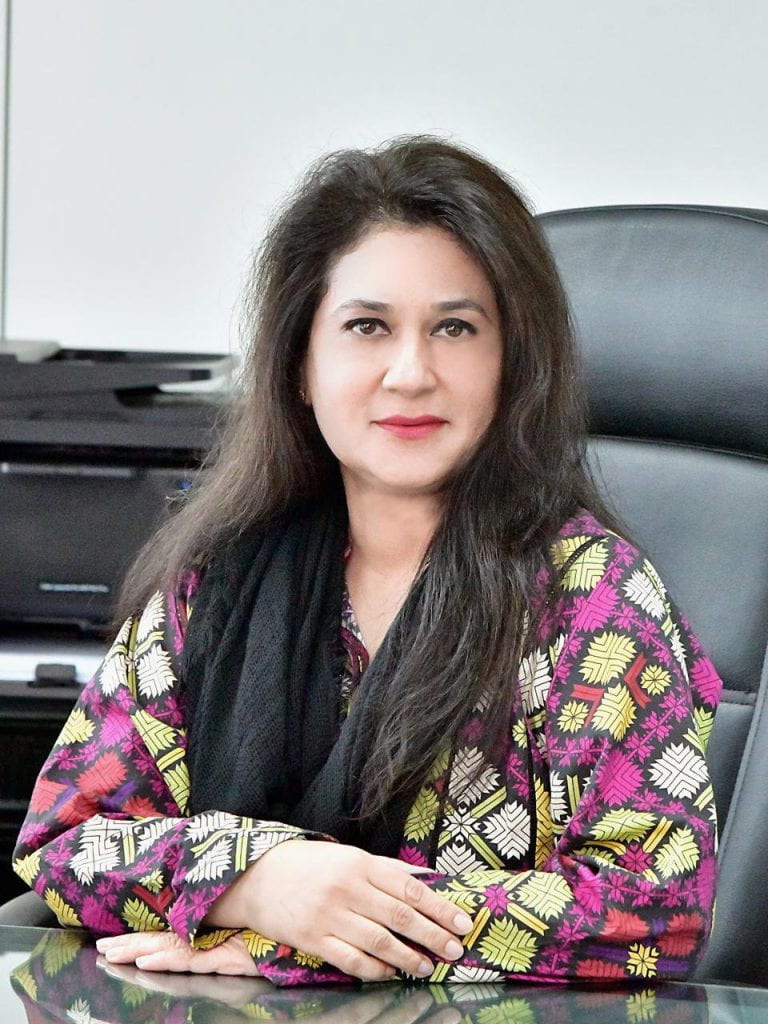INSEADs International Director Network, IDN, is proudly sharing the recent appointments of board and corporate governance positions of our members from 1 December 2022 to 28 February 2023, truly recognizing our members and the strength of our IDN network.
IDN members has been appointed to 33 new board positions in 13 countries, summing up to 685 position announcements since 2017.
As a member of IDN, the network of INSEAD International Board Directors, with full membership open to all INSEAD Alumni with appropriate directorship experience and which is automatic for Certified Directors (IDP-C) from INSEADs International Directors Program (IDP), you can be truly proud of your network!
You find the IDN members with new board positions below, and why don’t you help share our network’s achievement via Linkedin, to help position also yourself and your membership of a vibrant network via this LinkedIn Post.
And take the time to connect with your fellow IDN members at LinkedIn and expand your board contacts, byclicking their names below and connect with them!
To date, IDP has been completed by 1,827 IDP and IDPB participants, with 1489 certified IDP-C/ IDBP-Cdirectors, and our International Board Network IDN of INSEAD Alumni of 1,570 members.
IDN works closely with INSEAD Corporate Governance Centre, which undertakes cutting-edge research and teaching tailored to the needs of boards and international directors. It fosters a global dialogue on the challenges of corporate governance and leadership in an international context.
INSEAD Directors’ Network – Members New Board & Corporate Governance Positions
IDN members – Certified IDP-C Board Directors
Douwe Bekius – https://www.linkedin.com/in/douwebekius October 2022 – Non-Executive Board Director at NV Schade (Private, Netherlands) | June 2020 – Chair at Trunkrs (Private, Netherlands)
Déborah Carlson-Burkart – https://www.linkedin.com/in/déborah-carlson-burkart/ January 2023 – Board member at N26 Bank (Private, Germany)
Oi-Yee Choo – www.linkedin.com/in/oi-yee-choo-a6b9732/ February 2023 – Board Member at Capitaland Ascendas REIT (Listed, Singapore)
Jean-Philippe Collin – https://www.linkedin.com/in/jean-philippe-collin/ January 2023 – Board Member at CNA (France, NGO) | February 2023 – Board Member at ALTEN (Listed, France)
Pierre Dejoux – https://www.linkedin.com/in/pierre-dejoux-a4417425/ June 2022 – Board member at Chamatex Group (Private Limited, HQ France) | April 2022 – Chairman at Special Olympics France (NGO, HQ France)
Giulia Fitzpatrick – https://www.linkedin.com/in/giuliafitzpatrick/ December 2022 – Independent Non Executive Director at Żabka Group (Private, HQ Luxembourg & Poland)
Jean-Marie Greindl – https://www.linkedin.com/in/jmgreindl/ February 2023 – Member of the BOD at NTF, Propriétaire ruraux de Wallonie (NGO, Belgium) | February 2023 – Member of the BOD at Greencap s.a. (Private, Belgium)
Thomas Huerlimann – https://www.linkedin.com/in/thomashuerlimann22/ January 2023 – Non Executive Director at Hiscox London Market (Private, UK)
Constant Korthout – https://www.linkedin.com/in/constant-korthout-5a87b25/ February 2023 – Non-Executive Board Director and Chair Audit & Risk Committee at Knab Aegon Bank (Private, Netherlands)
Aubry Pierre – https://www.linkedin.com/in/aubrypierre/ January 2023 – Chairman, at Vedihold (Private, Luxembourg) | January 2023 – Independent Director at Advent International Portfolio Companies (Private, Luxembourg) | March 2021 – Board Member at Arianna s.a. SIF (Private, Luxembourg) | March 2022 – Independent Director at AFI-ESCA (Private, Luxembourg)
Helen Pitcher Obe – https://www.linkedin.com/in/helenpitcher/ January 2023 – Chairman at Judicial Appointments Commission (Arms Length Body of Government, UK)
Alex Price – https://www.linkedin.com/in/alex-price-44982b2/ December 2022 – Non Executive Director at CHT Healthcare Trust (Not-for-profit, New Zealand)
Hagen Schweinitz-Krain – https://www.linkedin.com/in/hagen-schweinitz-0b853a178/ December 2022 – Chairman of the Advisory Board at European Women On Boards (NGO, Belgium)
Ronil Sujan – www.linkedin.com/in/ronilsujan January 2023 – Director at Omnivore Agritech and Climate Sustainability Fund (Private, Singapore)
Jeremy Tan – https://sg.linkedin.com/in/jeremytanqw January 2023 – Non-Executive Independent Director at Debao Property Development Ltd (Mainboard Listed, Singapore Stock Exchange) | January 2023 – Non-Executive Independent Director at Dynamic Real Estate Holdings (Mainboard Listed, Singapore Stock Exchange) | January 2023 – Non-Executive Independent Director at Derong Real Estate Holdings (Mainboard Listed, Singapore Stock Exchange)
Jillian van Turnhout – www.linkedin.com/in/jillianvanturnhout/ January 2023 – Independent Chair at Nursing Homes Ireland (Commercial, Ireland)
Helen Zeitoun – www.LinkedIn.com/in/helenzeitoun November 2022 – Advisory Board member at Customer Experience Group (CXG) HQ (Private, Hong Kong)
IDN Members – Board Directors
Laurence Amand-Jules – https://www.linkedin.com/in/laurenceamandjules/ December 2022 – Non-Executive Board Director & Chair of the Finance and Audit Committee at Global Alliance for Improved Nutrition (GAIN) (Not for Profit, Switzerland)
Timothy Cosulich – https://www.linkedin.com/in/timothy-cosulich-b07a671 January 2023 – Chair at The International Bunker Industry Association, Global, (NGO, UK)
Erwin Feldhaus – https://www.linkedin.com/in/erwinfeldhaus/ January 2023 – Member of the Board of Advisors at Reckers & Griesbach (Private, Germany)
Christian Joergensen – https://www.linkedin.com/in/chrjoergensen/ January 2023 – Chairperson at Stibo Complete Group A/S (Private, HQ Denmark)
Alexandra Konida – https://www.linkedin.com/in/alexandra-konida-7bab6a89/ January 2023 – Non Executive Member of the Board of Directors and Member of the Investment, Risk and Audit Committees at HCAP S.A.- Growthfund- Hellenic Corporation Of Assets and Participations S.A., (Government owned, HQ Greece)
Steven John Parker – https://www.linkedin.com/in/stevenjohnparker/ January 2023 – Executive Board Member at Plus Value Advisory (Private limited B-Corp, UK)
Laurent-Dominique Piveteau – https://www.linkedin.com/in/ldpiveteau/ January 2023 – Non-Executive Director at OxyPrem AG (Private, HQ Switzerland)
Previous announcements and more information
Previous board position announcements by shared by IDN;
February 2023 September 2022 March 2022 October 2021 July 2021 April 2021 December 2020 September 2020March 2020 October 2019 July 2019 February 2019 November 2018 July 2018 April 2018 January 2018 October 2017
For organisations interested in partnering with IDN, please contact IDN President, Helen Wiseman at [email protected]
On Behalf of the INSEAD International Directors’ Network Board






